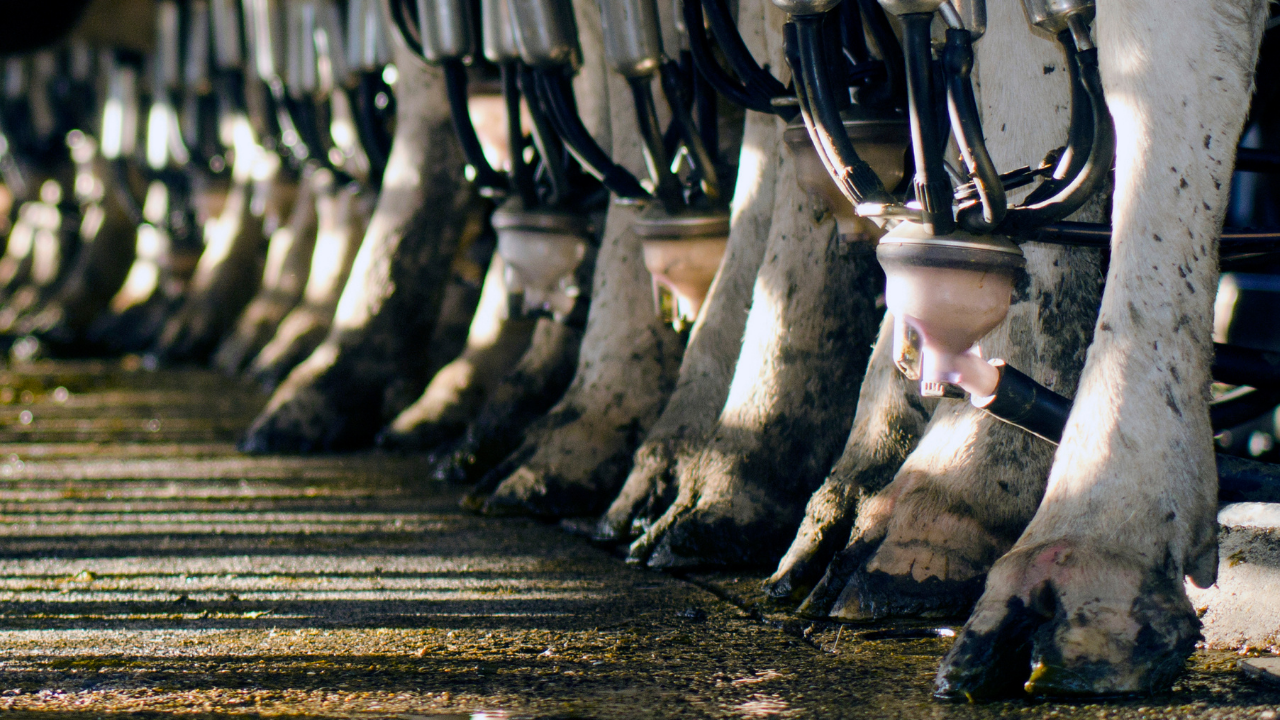Baladna, the largest food and dairy producer in Qatar, plans to set up a $500-million integrated dairy facility in the Philippines, the Department of Agriculture (DA) said on Monday.
In a statement, the DA said the planned large-scale and fully integrated dairy facility was expected to bolster local production and jump-start investments in the country’s dairy industry.
Agriculture Secretary William Dar said the agency had identified five possible locations for the dairy facility that will be visited by the Baladna team in the next few weeks. It is designed to be climate-independent using world-class management systems.
Partnership
The integrated dairy facility, a partnership between Baladna, the DA and the Department of Trade and Industry (DTI), will significantly increase local milk production by 120 million liters from the current level of 26.71 million liters.
“This will be bringing the Philippines’ total milk production to 146.71 million liters, thus contributing to addressing the local demand,” the DA added.
In 2020, local milk production reached 26.71 million liters, up by 9.5 percent from 24.38 million liters the previous year.
Baladna said that its main consideration for supporting the Philippine government was to help bolster domestic dairy production.
Baladna supplies over 95 percent of Qatar’s fresh dairy products. It is into raising livestock and production of dairy products including milk, yogurt, cheese, as well as juices and animal fertilizers.
Dar said in a recent presentation in Dubai, United Arab Emirates that the Philippines is a major importer of dairy products, particularly milk powder, with importers and processors supplying the majority of the country’s annual dairy requirement.
Catalytic investments
He expressed the agency’s support for the initiative, saying “this will help jump-start catalytic investments in the Philippine dairy industry to contribute to food security, local milk production and processing leading to agri-industrial development.”
Baladna owns more than 24,000 Holstein cows on its 2.6 million square-meter facility with 40 state-of-the-art barns. Every day, it produces about 450 tons of fresh milk and juice products and has more than 1,650 employees.
Meanwhile, the DTI, through the Board of Investments, is supporting the project through the grant of incentives under the Corporate Recovery and Tax Incentives for Enterprises (Create) law.
“The investments will be able to generate 2,000 new jobs during the initial phase of its first full year of operations, providing significant opportunities for domestic employment,” Dar said.
